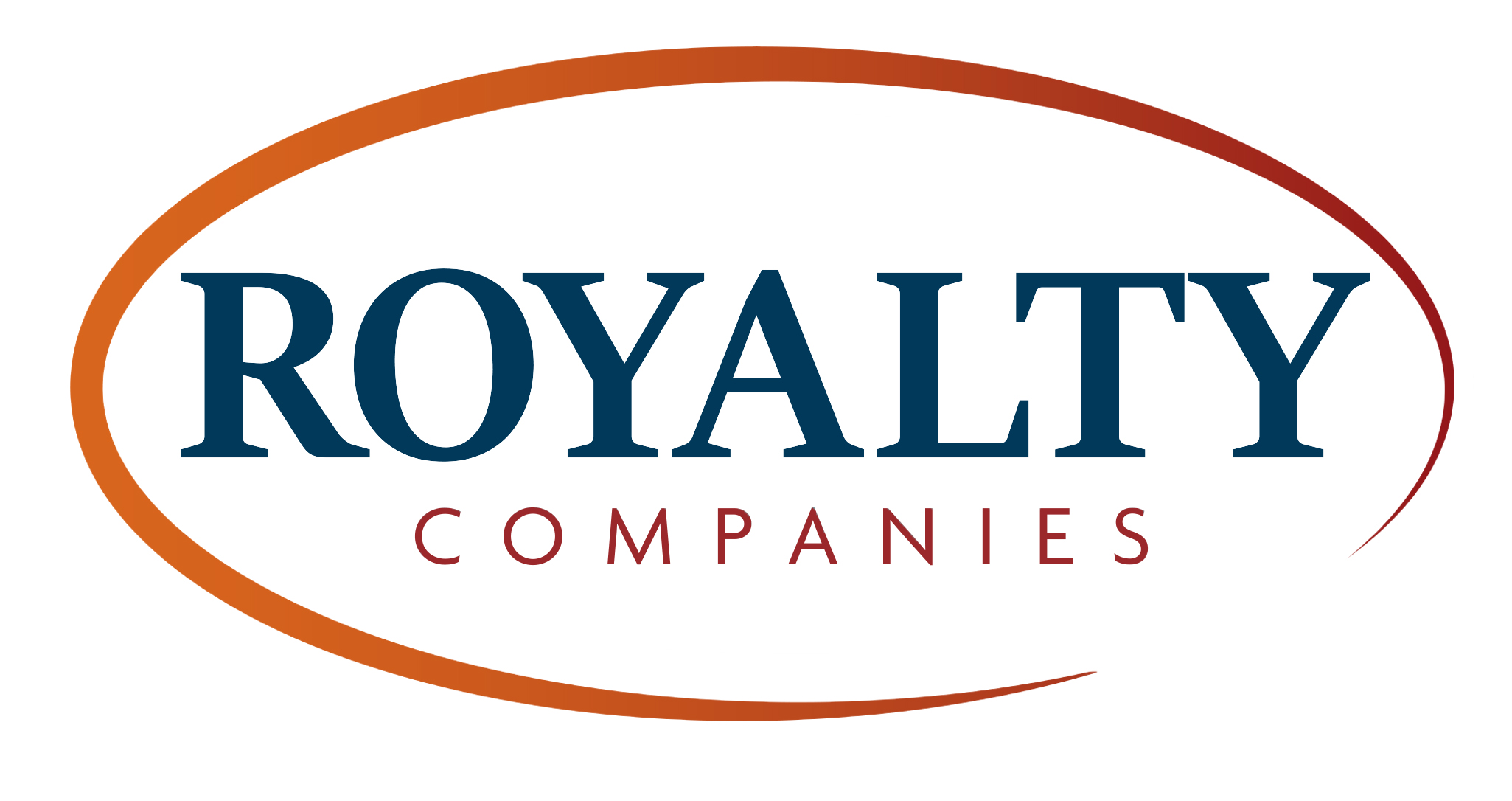Facility Safety for the Rainy Season
With the rainy season quickly approaching, every facility can take some simple steps to improve safety on wet access areas and interior entrances. Also, consider the added risk of slips and falls if your facility stores or manages products that contain lubricants – especially when a worker’s shoes are wet due to heavy rain.
If your facility has vinyl composition roll or tile type flooring materials in common areas such as entranceways and hallways, take additional steps to keep these floors dry, as vinyl composition tile (VCT) flooring is extremely slippery when wet.
Here are three wet floor safety tips:
Signage
During any wet season, which includes winter, spring, and summer for many geographical areas, make sure you have ample signage posted to remind your workers of a possible hazard. A sign posted, “CAUTION: SLIPPERY FLOOR,” or “DANGER: SLIPPERY WHEN WET” can help meet OSHA safety requirements and keep employees attentive to a possible slip and fall hazard.
Unsealed concrete is the most slip-resistant material and is often used for warehouse and wet production flooring. If your wet floors are not providing enough slip-resistance, consider installing high-traction tile along common walkways.
Encourage the Right Footwear
Every plant operation should follow OSHA guidelines for employee protective equipment, including rubber-soled shoes. But during the rainy season, even office workers and salespeople that come in and out on a regular basis should be encouraged to wear the right footwear. Unfortunately for female and male office workers, hard-soled leather shoes are the most dangerous on a wet floor. Encourage all employees to wear shoes with features that improve slip-resistance:
- Shoes with deep tread to improve traction vs. dress shoes;
- A softer rubber sole is better than a hard one;
- Shoes with open tread pattern to channel water out.
Install the Right Mats
Entryways and hallways should have the right floor mat system to fit the type of flooring material. Absorbing water from shoes at entrances can help reduce the chance of having wet floors that can lead to a slip and fall. Consider specialized facility mats within work areas where wet floors are possible, such as heavy-duty mats with drainage holes.
Take an assessment of all the areas within your facility where water, mud, grease, or beverages can cause a wet floor, such as lunchrooms, bathrooms, and rarely used side entrances. Of course, it goes without saying that you should clean up spills of all liquids as quickly as possible.
Contact Majesty Facility Experts to discuss how our facility maintenance crews can assist in keeping your floors dry and safe during the rainy season.
